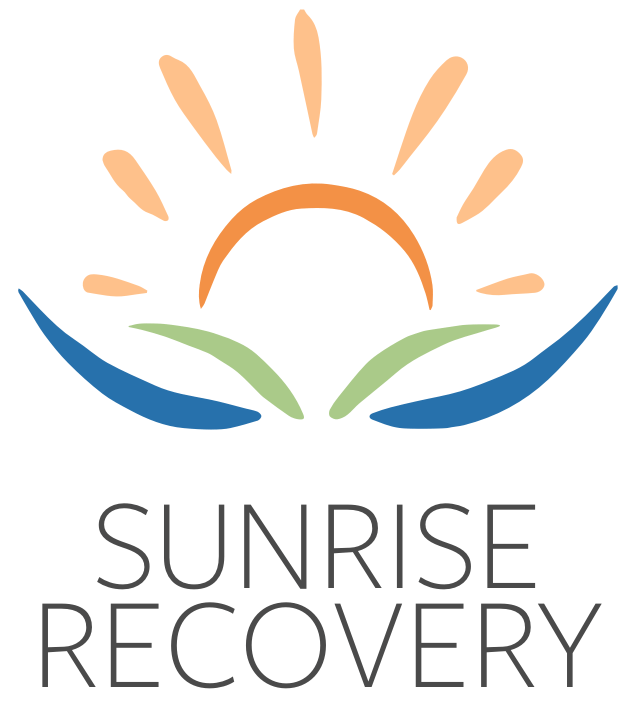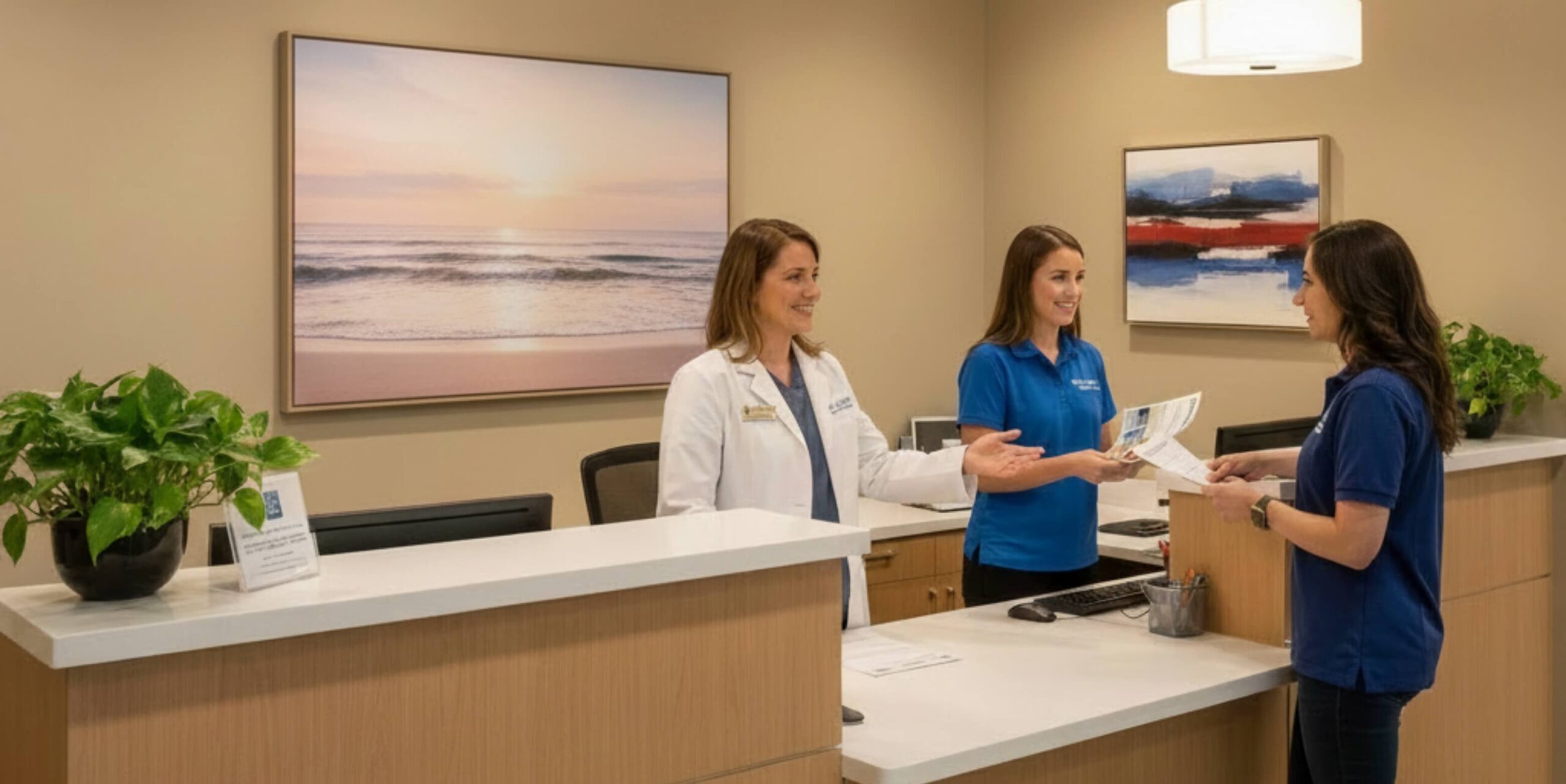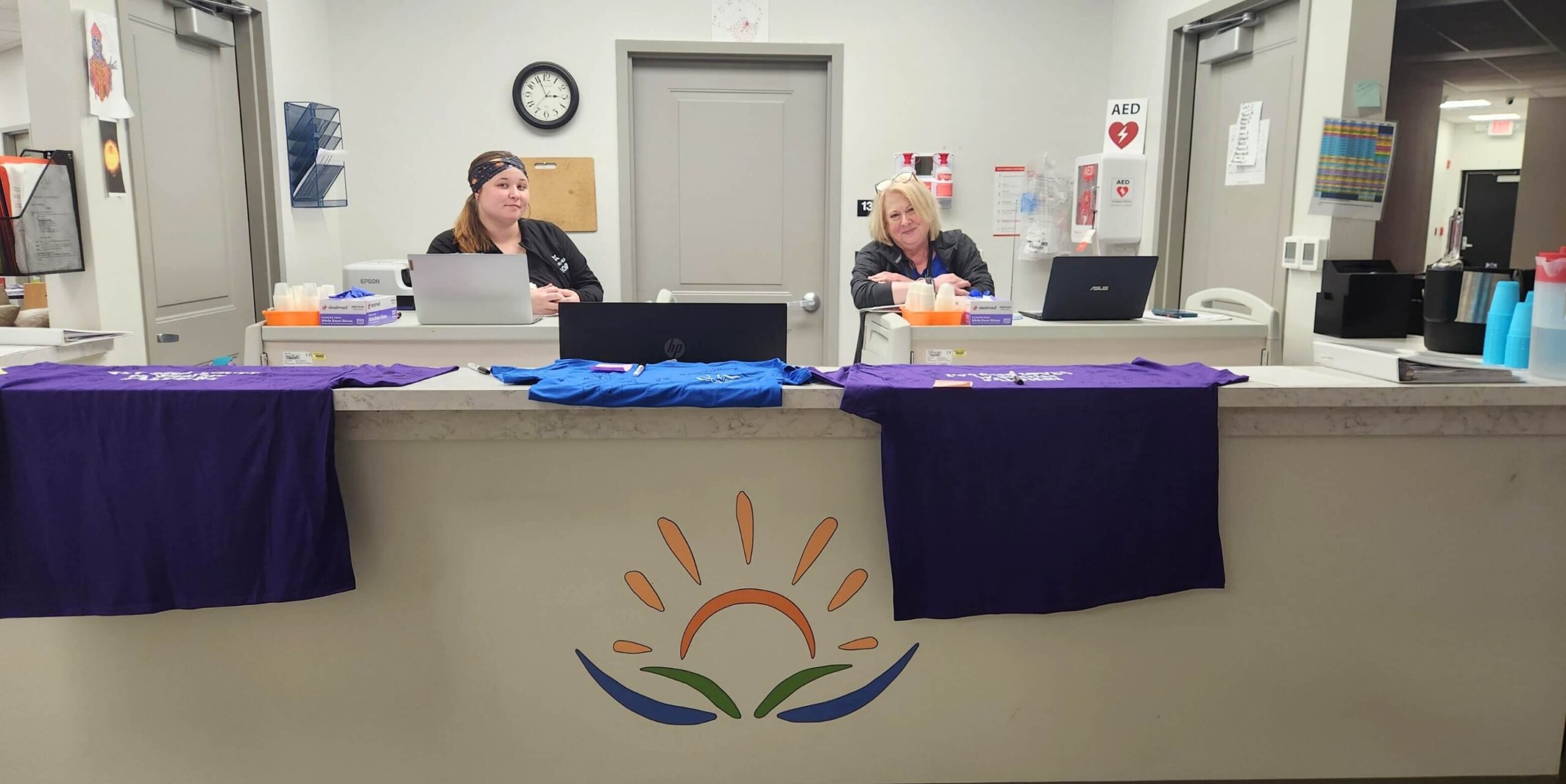What does inpatient rehab look like here in Lafayette, Indiana? From the quiet banks of the Wabash River to busy weekends around Purdue, many local residents are searching for trusted, structured care that supports long-term recovery. If you’re considering treatment for yourself or someone you know, it helps to understand what inpatient rehab really involves.
Inpatient rehab is a full-time treatment that combines medical support, structured therapy, and a stable living environment. This guide explains how it compares to outpatient or partial hospitalization program, who benefits most from this setting, and what to expect during a typical stay. We’ll also walk through how to evaluate programs in Lafayette, what questions to ask, and why local providers like Sunrise Recovery are part of that conversation.
By the end of this article, you’ll have a clear picture of what inpatient rehab can offer, how to choose a program that fits your needs, and where to find help close to home.
What “Inpatient Rehab” Really Means
Inpatient rehab provides intensive therapy for individuals recovering from medical conditions or procedures. It offers around-the-clock care in a live-in facility and is designed for people who need medical oversight, daily therapeutic structure, and an environment that removes distractions or triggers. These programs typically last several weeks, depending on the individual’s diagnosis, history, and progress.
A Typical Day in Residential Treatment
Most programs follow a consistent schedule, which may include early morning check-ins, group therapy, individual counseling, and wellness activities. There is also time set aside for reflection, recreation, and building healthy routines. Staff track progress using a care tool that aligns with your treatment plan and overall goals.
Medical Detox on Site
Some individuals enter treatment needing detox support, especially those dealing with alcohol or drug dependency. In these cases, detox services are integrated into the inpatient setting under acute care supervision. This allows a safe transition into full participation in therapy once withdrawal symptoms are medically managed.
Building Community & Accountability
Residential care helps individuals stay accountable by creating a sense of community. Peers undergoing similar challenges offer support during difficult moments and celebrate milestones together. This social structure is one reason inpatient rehabilitation centers offer comprehensive services that include group therapy, peer support, and life skills training.
How Inpatient Rehab Compares to Other Levels of Care
The level of treatment someone needs depends on the severity of their condition, stability at home, and prior experience with therapy. Choosing between inpatient or outpatient rehab requires an understanding of how each model supports recovery.
Detox vs. Inpatient vs. PHP/IOP
Understanding the core features of each treatment level can help individuals and families make more informed decisions about care.

Choosing the right level of care depends on current symptoms, home environment, and support needs.
Why Choosing the Right Level Matters
Getting the wrong level of care can lead to early dropout or relapse. A person with chronic relapse history may not benefit from outpatient therapy alone and might require the highest level of physical rehabilitation that a patient can receive when facing co-occurring disorders. Starting with a comprehensive evaluation ensures the setting matches clinical needs.
Who Benefits Most From Inpatient Rehab?
Inpatient rehab is not for everyone. But for certain individuals, the structure and intensity it offers can significantly improve recovery outcomes.
It’s often the best fit for people who:
- Experience moderate-to-severe SUD (Substance Use Disorder)
- Have a dual diagnosis (mental illness + substance use)
- Live in an unstable or triggering home setting
- Have a history of chronic relapse
- Are recovering from medical complications related to use
These patients benefit from a model that provides intensive treatment for individuals struggling with substance abuse while also addressing broader mental and physical health needs.
Key Factors When Choosing a Lafayette Inpatient Program
The right program combines clinical credibility with whole-person support. Some people may prefer a regional rehabilitation hospital, while others feel more comfortable in a smaller, private center. No matter the type of facility, these are the elements that matter most.
Accreditation & Licensing
Look for facilities licensed by Indiana’s Department of Health and accredited by national organizations. These quality indicator standards confirm that the center follows evidence-based practices and maintains high ethical standards. Ask whether the program accepts Medicare or other insurance types to better understand financial options.
Integrated Dual-Diagnosis Care
A strong program will provide quality, compassionate treatment of mental illness and addiction in one setting. This integration prevents gaps in care and improves long-term stability. Dual-diagnosis treatment also challenges old misconceptions.
Personalized Treatment Plans
Each person brings a unique history, which is why every program should offer a personalized care plan. Treatment teams typically include doctors, therapists, case managers, and peer recovery coaches. These plans support physical healing while also targeting emotional resilience and behavioral change.
Holistic Supports (Fitness, Art, Nutrition)
Healing requires more than clinical therapy. Programs that include physical therapy, expressive arts, fitness, and nutrition provide added depth. These modalities work together to provide intensive therapy for individuals recovery from medical conditions or procedures, not just substance use.
Insurance & HIP 2.0 Options
Indiana’s HIP 2.0 program can help with coverage for those who meet income and eligibility criteria. Speak with admissions teams about what’s included. Our facilities can also help you gather the right documents and sample billing estimates.
Family Involvement & Location Convenience
Family plays a vital role in recovery, especially when they’re educated and involved. Being located near West Lafayette, close to Purdue or along the Wabash River, makes post-treatment planning more convenient. This proximity supports a smoother completion of treatment and increases the chance of lasting outcomes.
How Sunrise Recovery Stands Out in Lafayette
Sunrise Recovery offers a unique model rooted in Hoosier hospitality and clinical strength. Their presence in Lafayette means local residents can access high-quality care without traveling far from home.
Home-Like Rehab Facility & Hoosier Hospitality
Sunrise Recovery is an addiction rehab center in Indiana that emphasizes comfort, safety, and dignity. Each client is welcomed into a home-like environment with structured support. Friendly staff members create a sense of belonging from day one.
Evidence-Based Yet Neighborly Approach
The Sunrise Recovery Team provides specialized, evidence-based addiction therapies while also focusing on connection and trust. Their approach blends clinical knowledge with genuine community care. This balance encourages long-term recovery rooted in personal growth.
Seamless Continuum of Care (Clarksville → Lafayette → Jeffersonville)
Clients often transition between Sunrise Recovery’s locations based on where they are in the healing process. Lafayette serves as a bridge between early stabilization and long-term planning. Our team also helps reduce the risk of setbacks.
Family Workshops & Community Partnerships
Families are included in education and planning, which improves post-rehab outcomes. Community partnerships with local therapists and hospitals help ease the transition back home. This model reflects Sunrise Recovery’s belief that we provide inpatient rehabilitation by supporting the whole person and our support system.
Final Thoughts
Inpatient rehab provides full-time treatment in a setting designed to support both physical and emotional healing. It combines medical oversight, structured therapy, and daily routines to help individuals stabilize and regain control. This model is especially helpful for people who need consistent care and distance from triggers or unstable environments.
For those managing both mental health issues and substance use, dual-diagnosis treatment is an essential part of recovery. Programs that integrate mental health services and addiction therapies into one care plan improve long-term outcomes. They also reduce the risk of relapse by addressing the full scope of a person’s needs.
Choosing a program in Lafayette allows families to stay connected while receiving care close to home. Sunrise Recovery offers inpatient rehab services that reflect the values of community, accountability, and evidence-based care. If you are ready to take the next step, our team can walk you through the process and help you begin a safe, supported path forward.
Frequently Asked Questions (FAQs)
What’s the typical length of stay in an inpatient rehab program?
Our inpatient rehab services last for 28 days, depending on the individual’s needs. Our clinical team evaluates your diagnosis, history, and goals before recommending the appropriate length of stay.
Can I have visitors while in residential treatment?
At this time, Sunrise Recovery does not offer in-person visitation during a client’s stay in treatment. Early recovery is a time for individuals to focus completely on healing without outside distractions. Our structured,
supportive environment is designed to promote that growth.
Does Sunrise Recovery offer medication-assisted treatment (MAT)?
Yes. Medication-assisted treatment is available when clinically appropriate and is used alongside counseling and therapy. These medications are closely monitored by medical staff as part of a personalized care plan.
How does Sunrise Recovery coordinate aftercare once I leave inpatient?
Aftercare planning includes referrals to outpatient therapy, support groups, or resources for sober living to support long-term recovery. Our staff work with you before discharge to create a clear, realistic plan for continued care.
Is financial assistance available if I don’t have insurance?
At Sunrise Recovery, we truly believe that everyone deserves the chance to heal. To be admitted into our program, you’ll need to have active commercial insurance or Indiana Medicaid. However, if you don’t have insurance, please know — you are not alone, and we are still here to help.







